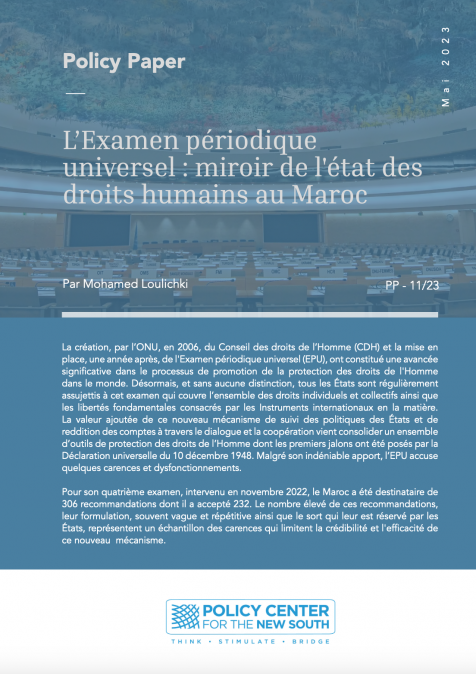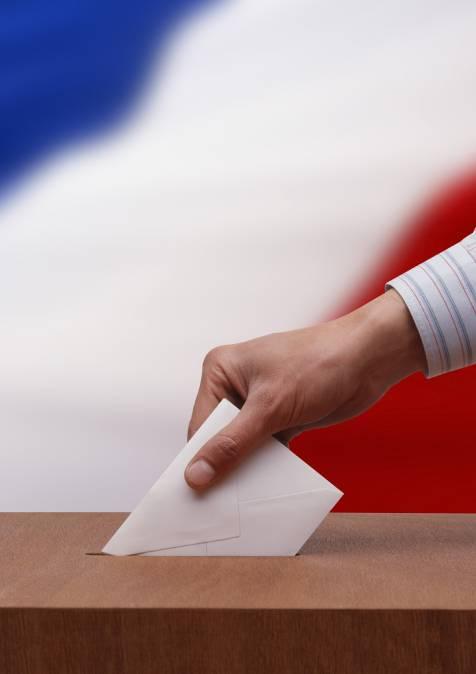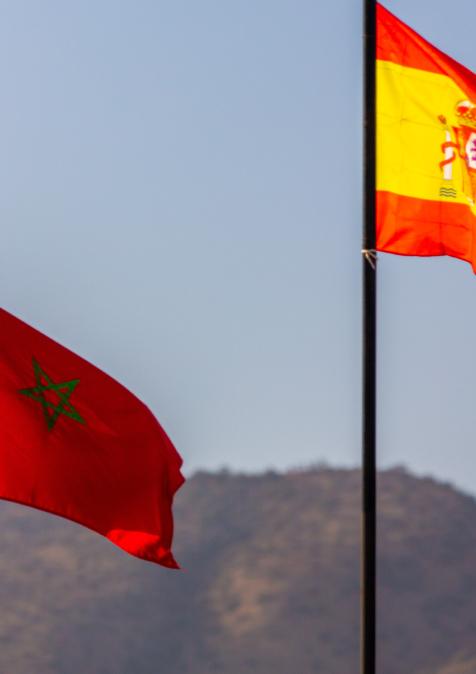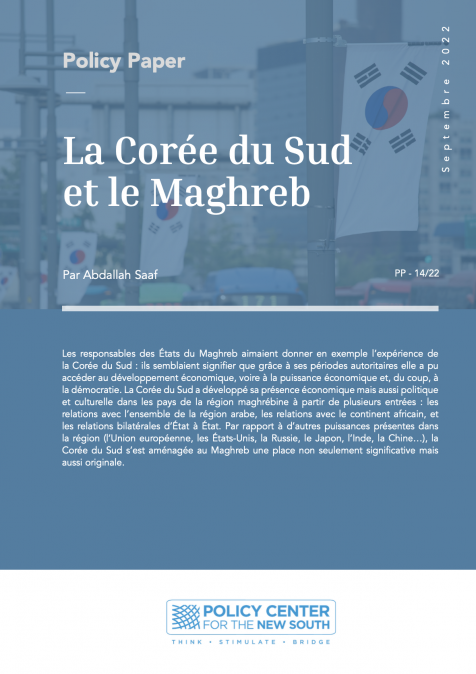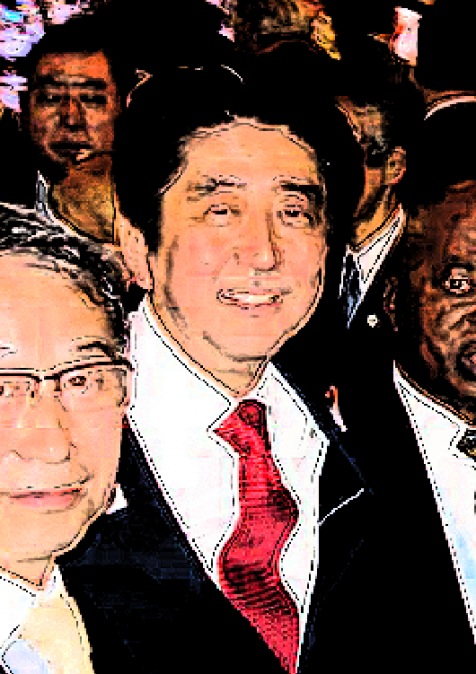Publications /
Opinion
Think tanks are blooming in Africa, as they have been in the USA, Europe and China… Some are already mature, like the Codesria, launched in 1973 in Dakar (Senegal) or the Institute for Security Studies (ISS), first established in 1991 in Pretoria, with regional offices opened in Cape Town, Addis Abeba and Nairobi.
Some are still young and spreading their wings, like AfriHeritage in Nigeria, founded in 2000 or the Groupe de recherche et d’analyse appliquées pour le développement (GRAAD), created in Burkina Faso in 2010.
All of them will join today in Rabat the African Think Tank Summit, held by the OCP Policy Center and the University of Pennsylvania. This three days event will gather 40 think tanks from 20 countries (South and North) to share experience and reflect on their growth. The former president of Nigeria Olusegun Obasanjo, author of the book Make Africa Work, will open the Summit today. His view, largely shared among African public opinions, is bold and simple : «Unless we get leadership and governance right, we will never get the economy of Africa right», he says.
Renewed spirit for action
This global trend is a sign of a deep transformation on the African continent, with a generation taking responsibility for the challenges ahead.
«Never again», explains Laoye Jaiyeola, for instance, when he reflects on the formation of the Nigerian Economic Summit Group in 1996. After the political crisis of 1994, following cancelled elections in Nigeria and the coup led by General Sani Abacha, the economy suffered from a standstill. The private sector has gathered under this idea of «never again», to put pressure on the public authorities to act as a motor of positive change, far from the history of repression and corruption that has plagued Nigerian politics.
As Laoye Jaiyeola explains : «First, we are dialogue partners, and we sit with the government to discuss what we think should be done. The idea is to be walking on together. Second, we do research and invest in research, to come up with solutions that are proven and work. Third, we stay independent : we never take money from government. We do it out of our commitment, love and the will to do things right. The motto of our organization is : “We don’t care who takes the glory, as long as the work is done”.»
Today, his organization has gained concrete influence on the executive power and the process of law making, through a partnership with the National Assembly based on capacity building.
Independent platforms acting as bridges
Demographic transition, structural economic transformation, access to education and the labour market, conflicts and security issues, building democratic institutions… Think tanks rooted in Africa reflect on those issues from within the societies at stake, hence changing the global storytelling on Africa.
Being independent platforms, separated from the NGO’s world as well as the political parties, they also act as influential networks and bridges between the political power, the academic world, the private sector and the civil society.
How to get a stronger impact and lead towards the road ahead ? After a first edition in 2016 on « Building a Sustainable and Secure Future for the People and Institutions of Africa », the second African Think Tanks Summit will reflect on « Deepening Expertise and Enhancing Sustainability : Insight into Contemporary Challenges Facing African Think Tanks ». The debates will be covered and analysed throughout the summit on this blog. To be followed…

